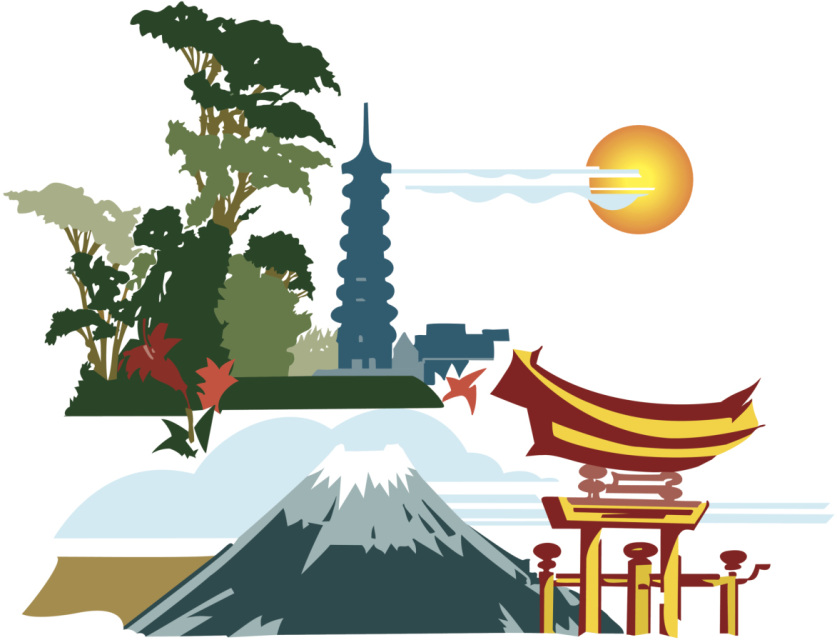The Overview of Biosimilar Market in Japan ver.2016
SKU:
$480.00
$480.00
Unavailable
per item
The market size for generics in 2012 was about 551 billion JPY. This was about 9% of the prescription drugs market as a whole. The generics market is estimated to grow to around 778 billion JPY in 2016.
The market for biosimilars was 4.5 billion JPY in 2012. A total of only three products including human growth hormone and erythropoietin were on the market by 2012. The market is expected to reach over 26 billion JPY by 2016.
Biosimilars have generally been struggling, but they are gradually expanding as their consistency with original products and their safety are recognized. As for GRAN, the biosimilar launched by 4 companies in May 2013, it is gradually penetrating the market, led by Mochida. The government’ pressure to reduce costs at medical institutions is also contributing the recent expansion of biosimilars.
Physicians in Japan who possess the ability to write prescriptions hold a deeply rooted faith in new drugs, and they are not familiar with biosimiars either. Therefore, they don’t see much motives to switch to biosimilars. Patients may also want to stay with the branded drug, as they don’t see economic incentive to switch to biosimiars.
On the other hand, Japanese government continues to see the increasing medical expenditure, due to the aging society in Japan. Under this environment, Japanese government has to introduce generics more into the market. Therefore, we anticipate generics and biosimilars will gain more share over time, while we don’t expect drastic change quickly.
The market for biosimilars was 4.5 billion JPY in 2012. A total of only three products including human growth hormone and erythropoietin were on the market by 2012. The market is expected to reach over 26 billion JPY by 2016.
Biosimilars have generally been struggling, but they are gradually expanding as their consistency with original products and their safety are recognized. As for GRAN, the biosimilar launched by 4 companies in May 2013, it is gradually penetrating the market, led by Mochida. The government’ pressure to reduce costs at medical institutions is also contributing the recent expansion of biosimilars.
Physicians in Japan who possess the ability to write prescriptions hold a deeply rooted faith in new drugs, and they are not familiar with biosimiars either. Therefore, they don’t see much motives to switch to biosimilars. Patients may also want to stay with the branded drug, as they don’t see economic incentive to switch to biosimiars.
On the other hand, Japanese government continues to see the increasing medical expenditure, due to the aging society in Japan. Under this environment, Japanese government has to introduce generics more into the market. Therefore, we anticipate generics and biosimilars will gain more share over time, while we don’t expect drastic change quickly.

